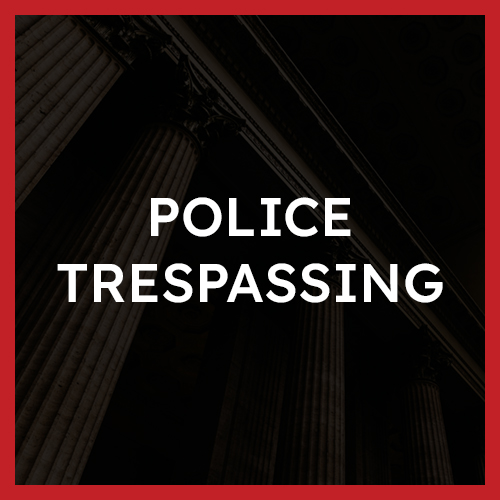Appealing a Criminal Conviction in Canada
In Canada you can appeal a criminal conviction by appealing a finding of guilt, by appealing the sentence you received, or both. However, the appeal process in Canada is complicated and requires strict compliance with a large number of rules and procedures. As such, it is very important that you immediately seek the assistance of a criminal defence lawyer if you think you would like to appeal your conviction or your sentence. Finding and hiring a criminal defence to help you with your appeal is of utmost importance, particularly since you will have only 30 days from the date of your conviction to file your notice of appeal with the court.
If you want to appeal your decision and you have missed the 30 day deadline, there may still be a chance that you can file a notice of appeal if you are granted an extension of time by the court. When considering an application for an extension of time, the court will typically consider the following:
- Whether you have shown a legitimate or bona fide intention to appeal your decision before the 30 days had elapsed;
- Whether you are able to provide a good reason for failing to file your notice of appeal within the 30 day deadline; and,
- Whether there is any merit to your appeal.
Sometimes the court will take other factors into consideration, however, the main consideration will always be whether it is interests of justice that the appeal is allowed based on the criteria outlined above.
The Right to Appeal
While everyone has the right to try to initiate an appeal, sometimes permission of the court will be required in order for your appeal to be heard. Leave to appeal, or permission to appeal, will be required when you are appealing a sentence or when you making an appeal to the Supreme Court of Canada. The appeal process is further complicated by the fact that sometimes you might be limited to raising your appeal on only certain grounds. For example, if you are appealing a conviction of an indictable matter, you will only be allowed to appeal because the law was not interpreted or applied properly in your case. If you want to appeal because you think the the judge misinterpreted or misapplied the facts of your case, you will have to ask for leave of the court to do so.
Given the complicated nature of this process, if you are considering initiating an appeal contact our one of our defence lawyers immediately. We have experience dealing with a wide range of criminal appeals and will be able to help you assess the merit of your appeal, and can provide you with full and effective representation throughout the entire process.
What are the possible outcomes of a criminal appeal?
An appeal is not a new trial where you are allowed to present your defence a second time with the hope of obtaining a different result. Rather, an appeal allows you to go before a higher court to argue that on the basis of the transcript and the evidence tendered at your first trial, that it is evident the trial judge made a legal error or a decision that was unreasonable. You may argue, for example, that the judge interpreted or applied the law incorrectly, and that, as a result, they arrived at the “wrong” decision.
Acquittal
The best possible outcome for an appeal is an acquittal, or a finding that a conviction cannot be supported on the basis of the evidence that was presented at trial.
A new trial is ordered
A new trial will be ordered where the reviewing court finds that the first trial was not conducted properly. For example, this can be because the trial judge made a mistake when interpreting and applying the law to your case, or when there is reason to believe that the judge was biased. If a new trial is ordered, you case will be sent back and retried. If a new trial is ordered, your conviction for the alleged offence will also be vacated, but you will remain charged with the offence until a verdict is reached in the new trial.
An acquittal is substituted for a finding of guilt
The reviewing court can also decide that after considering the evidence that was presented in your trial, that is is clear that the trial judge made a mistake by acquitting you. The appeal court will then vacate your acquittal and declare that you were found guilty of the crime. However, this happens very rarely and if it does, you are automatically granted leave to appeal to the Supreme Court of Canada.
The sentenced is varied
If you appealed your sentence, you may receive a new sentence that is more or less severe, or you can have certain aspects of your sentence changed. For example, ancillary orders that accompanied the initial sentence like a DNA order or a firearms prohibition may be removed, or the time that you are served in prison can be increased, decreased, or completely eliminated.
The appeal is dismissed
Your appeal will be dismissed when the appeal court finds that the trial judge’s decision was reasonable in light of the evidence and the arguments that were presented at trial. In such an event, the trial judge’s decision and sentence will be restored.
About The Author






